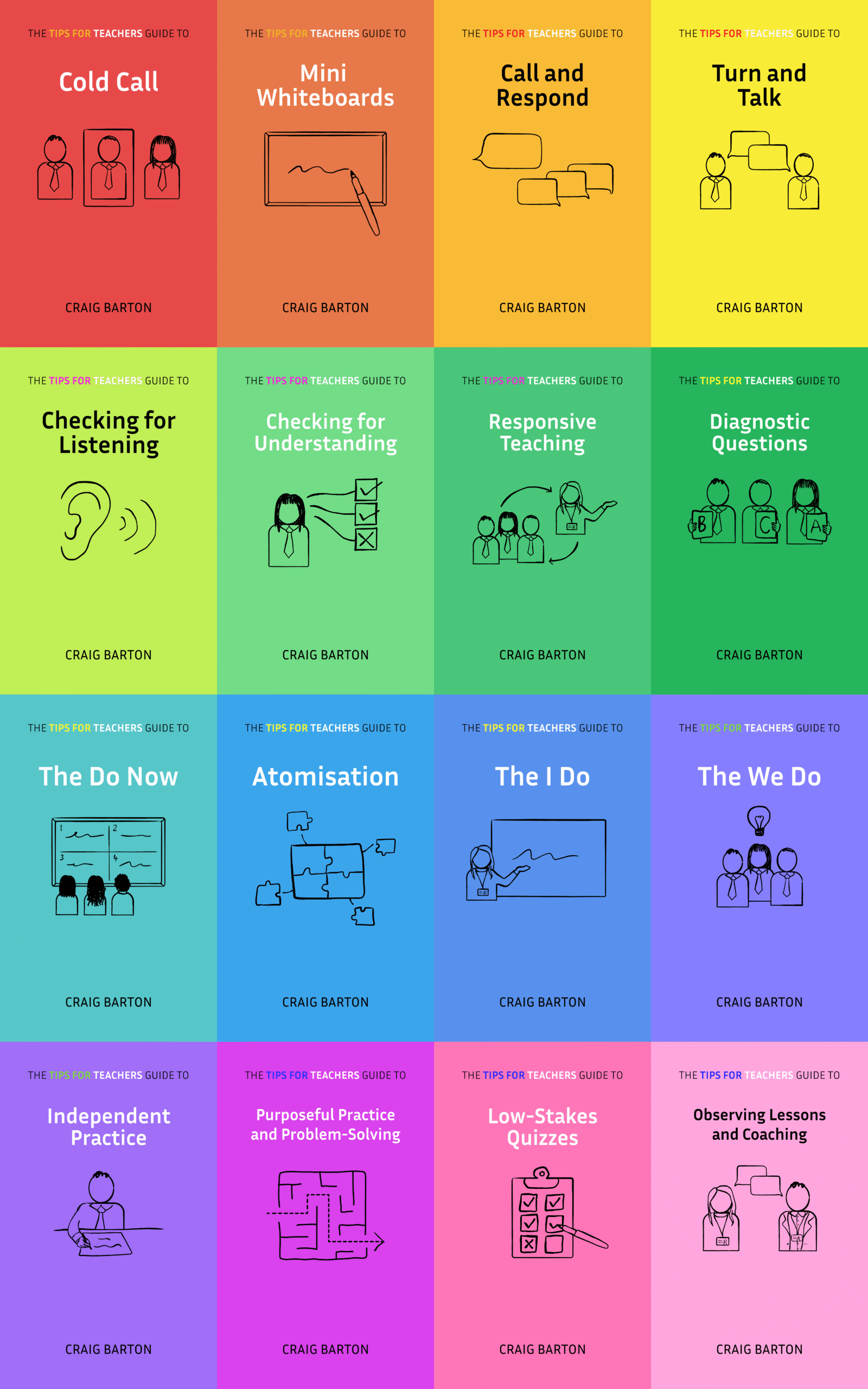
- Title: The Memory Paradox: Why Our Brains Need Knowledge in an Age of AI
- Authors: Oakley et al
- Access the original paper here
- Listen to a deep-dive podcast:
- Watch a video overview:
Paper summary
The provided text is a preprint of a chapter titled “The Memory Paradox: Why Our Brains Need Knowledge in an Age of AI,” accepted for publication in The Artificial Intelligence Revolution: Challenges and Opportunities. Written by Barbara Oakley and colleagues, the chapter argues that over-reliance on external tools and AI for information storage is leading to a decline in human cognitive abilities, evidenced by the reversal of the Flynn Effect. It explains, through neuroscientific principles, how underuse of declarative and procedural memory systems hinders reasoning, impedes learning, and reduces productivity by preventing the formation of robust internal knowledge structures (schemata and neural manifolds). The authors critique contemporary educational practices that de-emphasize memorization and advocate for a balanced approach where technology complements rather than replaces internal human knowledge, emphasizing that prediction errors and active internal processing are crucial for genuine learning.
If teachers remember one thing from this study, it should be…
If teachers remember one thing from this study, it should be that internalizing foundational knowledge is crucial for deep understanding and robust cognitive development. Over-reliance on external tools like AI fosters metacognitive laziness and hinders the brain’s natural learning mechanisms, undermining genuine skill and intuition.
***Paper Deep Dive***
Define any technical terms used in the paper
Prediction Errors: The mismatch between what the brain expects and what actually happens, driving learning.
Cognitive Offloading: Reducing cognitive load by relying on external tools, which can weaken internal memory formation.
Declarative Memory System: The brain’s system for consciously recalling facts and concepts.
Procedural Memory System: The brain’s system for gradually acquiring habits, skills, and routines through repeated practice.
Engram: The physical trace a memory leaves in your brain, created by strengthened neural connections.
Schemata: Mental frameworks that organize knowledge into meaningful, adaptable patterns.
What are the characteristics of the participants in the study?
The paper synthesizes findings from various studies, not a single one. Participants in these diverse studies include mice, children, American adults, college students writing essays, knowledge workers, high school students using AI, C++ programming students, and flight trainees.
What does this paper add to the current field of research?
This paper uniquely provides the first neuroscience-based explanation for the observed reversal of the Flynn Effect, linking it directly to increased cognitive offloading via AI and digital tools, and shifts in educational practices that de-emphasize memorization. It offers insights into how underuse of declarative and procedural memory systems undermines reasoning and productivity.
What are the key implications for teachers in the classroom?
For teachers in the classroom, the paper emphasizes several key implications regarding how students learn and how technology should be integrated:
- Prioritize Foundational Knowledge and Memorization: Teachers should recognize that memorizing basic facts, vocabulary, and formulas is crucial for building robust mental frameworks (schemata) and developing true expertise. This foundational knowledge is not “rote trivia” but the “glue for higher-level thinking”. The common “look it up” mindset can hinder this essential internalization.
- Foster Active Internalization over Passive Offloading: Encourage students to internalize information rather than constantly offloading it to external devices. Constant reliance on external aids can lead to “biological pointers” (remembering where to find information) instead of actual knowledge, creating an “illusion of knowledge” that undermines deep understanding.
- Cultivate Procedural Fluency through Practice: Dedicate class time to practicing skills without external aids (e.g., mental math, reciting, manual problem-solving). This enables the crucial transition from declarative memory (conscious recall of facts) to procedural memory (automatic, intuitive knowledge), which frees up working memory for more complex problem-solving.
- Integrate Technology as a Supplement, Not a Substitute: When using AI tutors or search tools, structure their use so that the student remains cognitively active and engaged with the material, rather than passively receiving answers. AI should provide scaffolded practice and hints, complementing the brain’s natural learning mechanisms, instead of bypassing the mental effort necessary for genuine learning, which can lead to “metacognitive laziness”.
- Embrace “Desirable Difficulty” Judiciously: Encourage students to grapple productively with challenges before seeking help, aiming for an optimal 85% success rate. This level of challenge triggers the brain’s prediction error system, which drives learning and strengthens neural connections, unlike excessive struggle or overly easy tasks.
- Educate Students on Metacognition: Help students understand how they learn and differentiate between knowing where to find information and truly knowing it internally. Guide them to make intentional choices about what to commit to memory for long-term retention and application.
- Re-evaluate Unguided Discovery Learning: The paper argues that for “biologically secondary knowledge” (academic subjects like math or science), explicit, structured instruction and timely feedback are often essential to develop stable and accurate schemata. The “sage on the stage” can be invaluable.
- Encourage Reflection: After completing learning tasks or solving problems, encourage brief periods of undistracted reflection. This quiet time allows the hippocampus to “tag” significant experiences, enhancing memory consolidation.
By balancing technological tools with strategies that strengthen internal memory systems and active cognitive engagement, teachers can cultivate deeply knowledgeable and flexible thinkers who can effectively navigate an information-rich world.
Why might teachers exercise caution before applying these findings in their classroom?
Teachers should exercise caution because the paper is a preprint, meaning its findings are not yet the final authenticated version and are subject to revision. While it highlights strong correlations, the authors acknowledge IQ decline is influenced by multiple, interweaving factors, making it difficult to isolate a single cause. The paper also advocates for a balanced integration of technology, not its outright rejection.
What is a single quote that summarises the key findings from the paper?
In a world where we can look up almost everything, the ironic truth is that the knowledge we carry inside our heads is more valuable than ever








